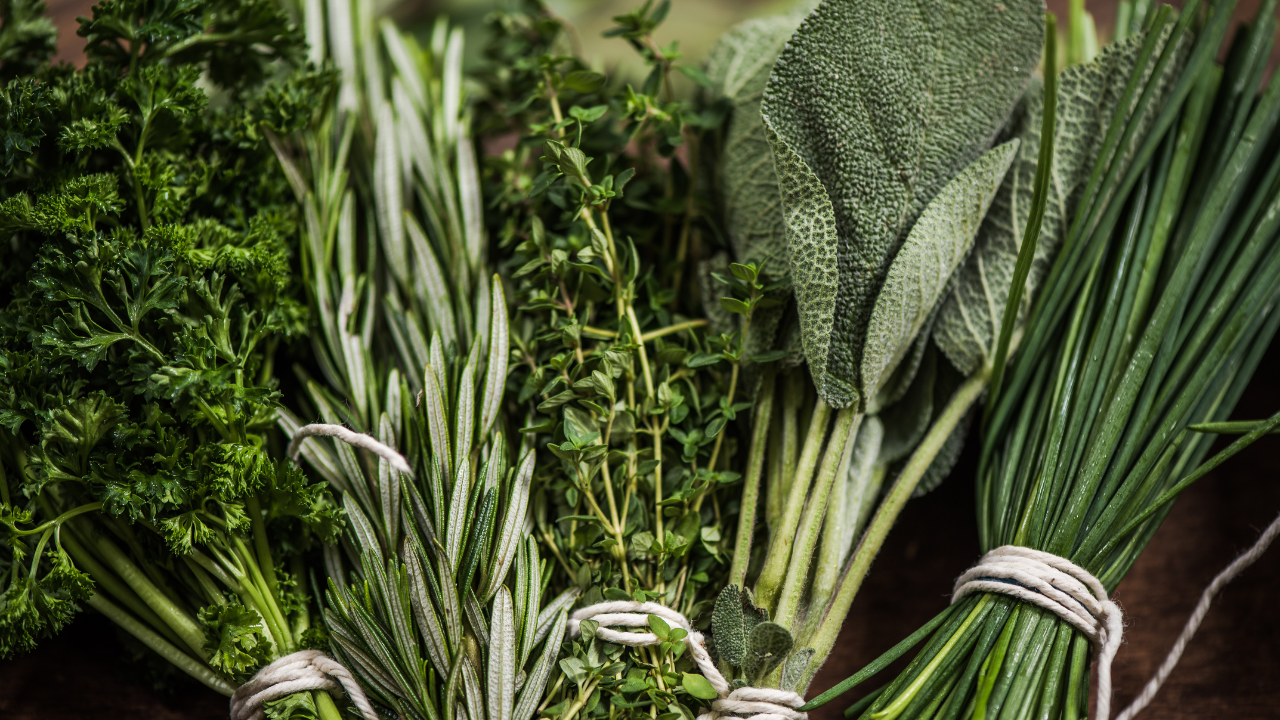
Herbs like cilantro, basil, mint and dill are a staple in daily cooking in many parts of the world. With their delicious flavours, they have the potential to enhance the taste of any boring dish including spicy curries, salads and chutneys. But during the winter season, it becomes very difficult to store them as they get spoiled very quickly. However, with some simple tips and tricks you can extend the shelf life of your garden-fresh herbs. Making proper storage techniques is essential for those who want to enjoy their vibrant flavours all season long. While drying and freezing herbs are convenient methods, keeping them fresh involves a few careful steps. So, to solve your problem, here’s a guide to preserving your herbs’ potency, colour and aroma during the colder months.
Also Read: Tamil Nadu-Style Mutta Dosa For An Egglicious Monday Breakfast
Wash And Dry Properly
When bringing herbs home, give them a gentle rinse with cold water to remove dirt and bacteria that may speed up decay. Use a salad spinner to remove excess water or pat them dry with paper towels. For the best results, herbs should be thoroughly dried before storage to prevent mold growth. A quick stint in sunlight can help ensure they’re free from moisture, which is key to extending their freshness.
Choose The Right Containers
Herbs benefit greatly from being stored in airtight containers. Herbs like basil and mint, in particular, are sensitive to oxygen exposure, which can cause wilting or browning. Place the stems in a jar with a bit of water at the bottom, cover with a lid and store in the refrigerator. A sprinkle of water on the leaves can provide just enough moisture to keep the herbs hydrated without making them too wet. And for herbs that need to remain at room temperature, like basil, keep them in a vase-like arrangement but out of direct sunlight.
Use Dark Glass Containers
Though most people use plastic containers, they can infuse unwanted chemicals into your herbs when stored for a long time. So, it’s better to use glass containers, as they are safer and more effective for long-term storage. If possible, use dark-coloured containers to protect herbs from light. It also helps to maintain their vibrant green colour and flavour. This is particularly useful for delicate herbs like parsley and cilantro, which are prone to yellowing when exposed to light.
Avoid Sunlight Exposure
After washing and drying, be very careful of sunlight exposure. Herbs are best stored in a dark, dry place if not kept in the fridge. Sunlight can weaken their flavour and reduce their lifespan significantly. Basil is an exception to the cold storage rule; it thrives at room temperature as long as it’s kept out of direct sunlight, which can harm its colour and taste.
Paper Towel Wrap For Extra Freshness
For an additional layer of protection, wrap hardy herbs like rosemary, thyme or sage in a slightly damp paper towel before storing them in an airtight container. This gentle moisture helps preserve the flavour and keeps herbs from drying out. Tender herbs like cilantro and parsley also be stored in this way, extending their shelf life by several weeks.
Alternative Methods: Freezing And Drying
If you have purchased herbs in bulk or have plucked a lot from the garden, freezing and drying offer great alternatives to keep them fresh. Frozen herbs work well in cooked dishes like soups, stews or sauces, as they retain flavour even after freezing. For drying, spread herbs on a paper towel in the microwave or air dry them on a rack and store the dried leaves in jars for later use. Both methods allow you to enjoy the taste of fresh herbs even after their season has ended.

